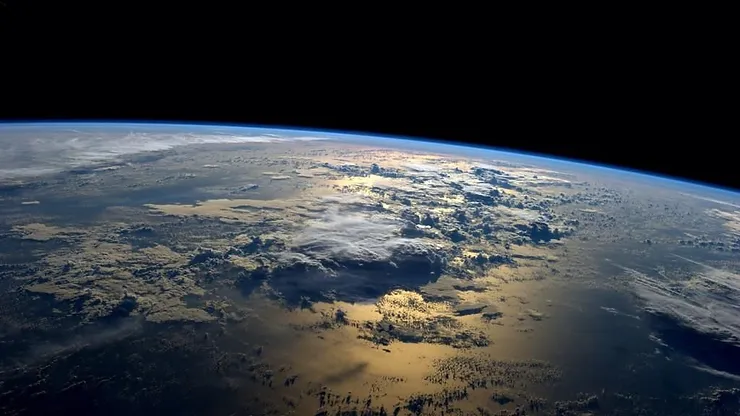By: Ray Wu
Many strange things have been going on related to Earth. Technology is improving very fast. That’s how we know about electricity, light, oxygen, and many other phenomena, including the ones related to space.
Earth’s rotation has been speeding up by milliseconds, if not less. No wonder no one seems to figure it out.
On June 29, 2022, the shortest day recorded was 1.59 milliseconds faster than usual. No one thinks that such a jitter is a problem. Milliseconds are no match for a full 24 hours, right? Not in this case. An Earth Day ends nearly the exact time every day.
“If earth’s fast rotation continues, it could lead to the introduction of the first-ever negative leap second*,” astrophysicist* Graham Jones said on timeanddate.com.
“This (measure) would be required to keep civil time – which is based on the super-steady beat of atomic clocks – in step with solar time, which is based on the movement of the sun across the sky,” Jones said.
“A negative leap second would mean that our clocks skip one second, which could potentially create problems for IT systems.”
“The impact of a negative leap second has never been tested on a large scale; it could have a devastating effect on the software relying on timer or schedulers,” wrote production engineer Oleg Obleukhov.
“In any case, every leap second is a major source of pain for people who manage hardware infrastructures*.”
“Earth has recorded its shortest day since scientists began using atomic clocks to measure its rotational speed,” timeanddate.com reported.
Leonid Zotov, a scientist, told timeanddate.com that the chance of the planet reaching a minimum length of a day was 70%. This means that we will most likely not use a “leap second.”
The recent “shortest day ever recorded” has shocked many people. It seems that Earth has shorter days because recordings have shown a consistent rise in shorter days. Why does Zotov think that this whole thing is a false alarm? Is climate change to blame? With more research, we’ll find out!











